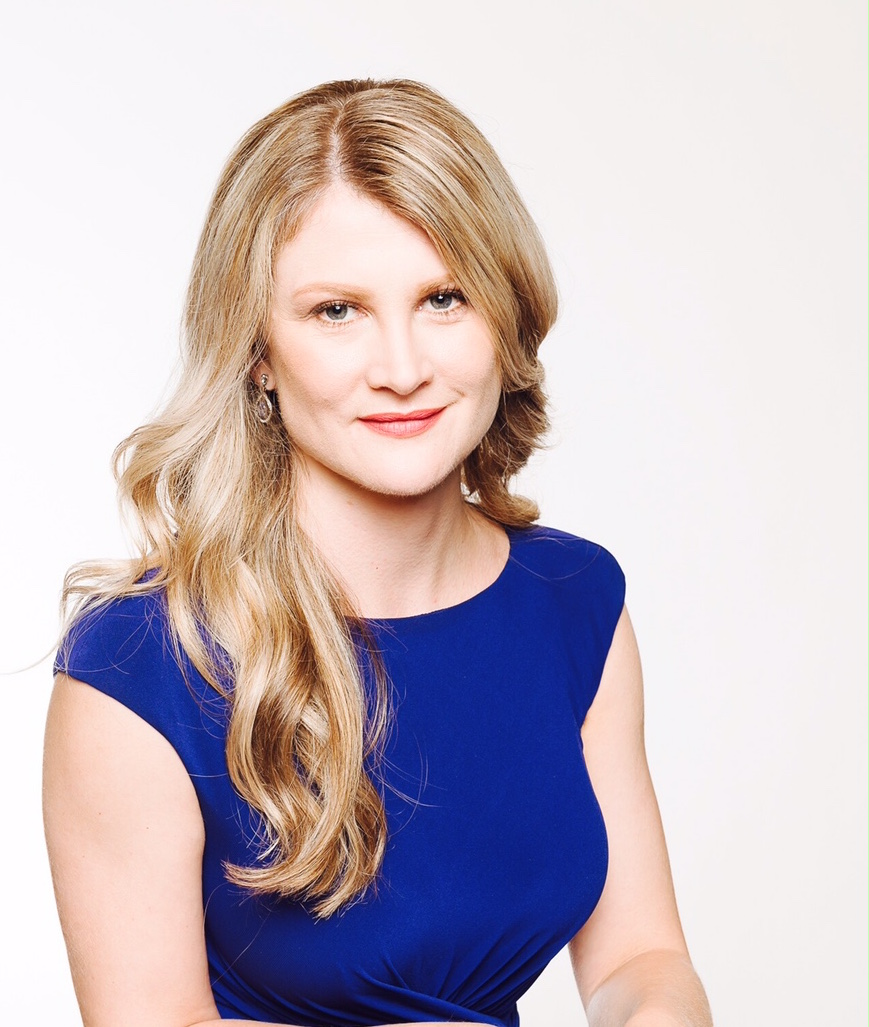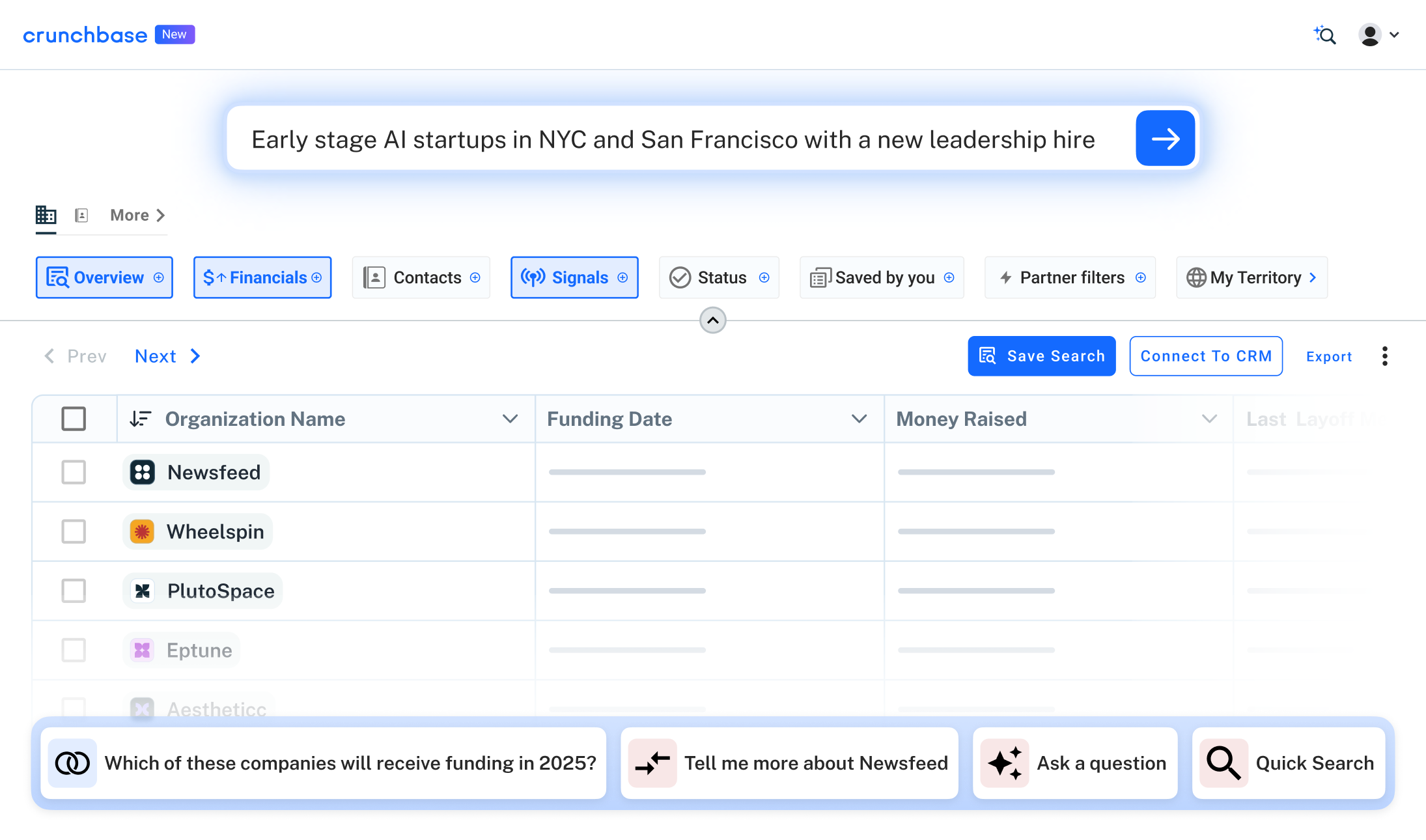Following the release of our recent report, A Decade in Review: Funding to the Female Founders, Crunchbase is highlighting female founders who are paving the way for the next generation of glass-ceiling-smashers. Our “Female Founder Series” consists of stories, Q&As and thought-leadership pieces from female founders who overcame the odds, raised funding and are now leading successful companies.
When I entered the world of industrial automation at Siemens in 2012, I quickly realized two things: The world runs on industrial control systems, and due to their very long life cycles in the field, keeping up with security was a huge challenge. Most IT security vendors hadn’t yet stepped into this space, and Fortune 500 companies were desperate for comprehensive industrial cybersecurity solutions. It was clear there was a gap in the market, which provided me with the opportunity to identify and create a solution. With this insight in hand, the time was ripe to bridge the industrial cybersecurity gap–and in 2014 I left Siemens and set out on a mission to create the technology that was missing. A few months later, I co-founded Claroty and over the next 5 years raised $100 million in venture funding.
Fundraising: Insight Into The Domain
My experience with fundraising was quite positive, and I attributed it to the fact that I had built up credibility from my work in the domain. During my time at Siemens, I established strategic relationships with industrial controls system vendors, security vendors and consulting companies, which set me up for a strong foundation of partnerships for the future. I was able to zero in on the unique challenges the industry faced and present solutions to investors with confidence, thus eliminating pushbacks. The investors saw me as an expert and gender was irrelevant. This is a theme in many of the gender-sensitive professional situations I have been in–I recognize that people will form judgement right away, although their perception often changes once they get to know me and my background. This topic of unconscious bias will be one I touch on throughout this blog.
Bringing Your Expertise To The Table
One key takeaway from this process is the importance of approaching fundraising with prior expertise, as it eliminates many pushbacks you might experience if you come up with an idea in a domain outside of your expertise. When expertise is removed from the equation it leaves investors to speculate on how likely you are to succeed, which will likely be based on unconscious biases. According to fundraising research from the Harvard Business Review, investors used promotion questioning techniques in Q&A sessions with male entrepreneurs, focusing on achievements, hopes and advancements. While speaking to female entrepreneurs, investors adopted prevention questioning techniques, drawing attention to safety, security and responsibility. The article goes on to say that entrepreneurs who fielded mostly prevention questions raised on average seven times less than those asked promotion questions. Luckily, if entrepreneurs modify their response to prevention questions, they could change the course of their fundraising process for the better. With that said, if at any point during the fundraising process you receive any unfair comments or pushback, have the confidence to raise the question: Would a male leader that you admire receive the same comment or reaction? This often changes the judgement.
Addressing Unconscious Biases
Men and women alike carry implicit biases, but it’s time we challenge them openly. About a year ago, I attended an exclusive founders-only event. At one point I was talking to a well-known male founder when a male VC approached us and joined the conversation. He proceeded to speak only to the other founder, partially ignoring me. After some awkward back and forth, the other founder tried to include me in the conversation and the VC asked me, finally addressing me directly, “andwho do you work for?” I smiled and replied that this was an event solely for founders and that I am a founder of a cybersecurity company. He immediately realized the unconscious bias he had that made him ask that question. We had a good conversation on gender biases that evening.
This type of situation is one I am very familiar with, and I imagine many female founders share similar experiences. When put in these sometimes-uncomfortable situations, I always choose to bring biases to the surface so they are recognized and acknowledged. Starting this conversation and drawing attention to it is the first step to solving the bigger issue of unconscious bias.
The Age-Old Question: How Can We Make Progress?
When I walk into a meeting with a male colleague and I’m meeting business partners for the first time, they will assume 100 percent of the time that I work for the male colleague accompanying me. As a woman in technology and a woman in power, these experiences remind me that we have a long way to go before we reach equality. In order to foster an environment of change, I believe we must be comfortable addressing this issue.
Something I have learned through my experience is that although these situations can be very frustrating, we don’t live in a perfect society and we must acknowledge the reality that these biases exist. Whenever I am in a position like the one above, I ask myself: How can we make progress? For me, it is bringing these unconscious biases to the surface and raising these issues when they happen; having the confidence to address the bias with the man or woman in the room, in a professional way.
Navigating The Fundraising Process
This leads me to a couple pieces of advice I would like to impart on female founders who are navigating the fundraising process:
- Solve the problem and create the company that presents the biggest challenge for you. As women, we need to be aspirational in our goals and pursue those big ideas. When you have the confidence to pursue larger goals, there’s a greater chance you will pitch to better venture capitalists who are likely to be more supportive of your ambition. The rate of failure will be the same no matter what type of company you choose to start, so why not work on something that could have a bigger impact?
- In order to pursue these ambitious ideas, you must possess confidence in yourself. There are many initiatives that assist in the endeavor to ensure women are leading and shaping the future of tech culture. One initiative I am involved in and believe very much in is All Raise, a nonprofit organization dedicated to the diversity in funders and founders in tech. I believe involvement in initiatives like this helps to lay the strong foundation of confidence and determination among women who are looking to start a company.
- Seek out powerful mentors, whether they are men or women. When a person of power reaches out their hand to act as a mentor, take advantage of it and learn as much as you can. I believe that you must go to where the power is in order to be admitted into that upper echelon.
After all, the only way to successfully change the power structure is to join the power structure.

Galina Antova is the Co-founder and Chief Business Development Officer of Claroty, a cybersecurity company focusing on protecting industrial networks from cyberattacks, ensuring the safe and reliable operation of the world’s most critical infrastructure. Prior to co-founding Claroty, Galina was the Global Head of Industrial Security Services at Siemens. Previously, Galina was with IBM in Canada in various roles in the Provisioning and Cloud Solutions business. She holds a BS in Computer Science from York University in Toronto, and an MBA from IMD in Lausanne, Switzerland. Galina is also the recipient of many notable accolades that recognize her leadership in the security industry, including: SC Media’s Women in IT Security (2019); CyberScoop’s Leet List (2018); Quartz’s Founders Index: Rising Female Entrepreneurs in the US (2018).
.svg)



.png)
.png)

